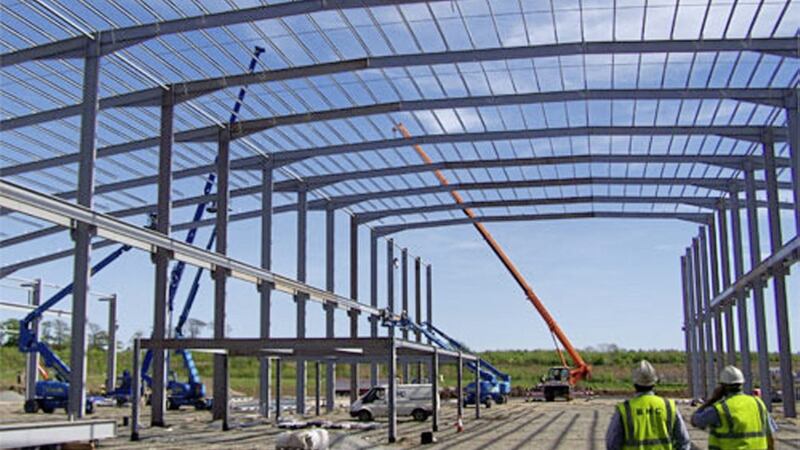FROM roads to rail, water and sewerage, and to energy . . . an economy can only flourish if it has infrastructure, which enables indigenous businesses to meet their growth potential and attract inward investment.
While the three years without the Executive and Assembly provided many challenges for the business community, it is arguable that one of the most prominent was the ability to advance key infrastructure projects that stalled when the necessary political authority wasn’t in place.
With the Executive now restored, one of its chief infrastructure priorities has to be the approval of the long-planned north south interconnector (NSI).
Throughout the almost decade that it has been in the pipeline, the business community has been united in its support for this vital project – and the rationale for it is as clear today as it was when it was first announced.
Based on up-to-date cost estimates, the NSI is expected to create initial savings to consumers such as the members of Retail NI of £20 million a year, with those savings rising as more renewable energy is brought onto the system.
When in place, the interconnector will improve the security of electricity supply in Northern Ireland and across the island of Ireland. It will play a critical role in the decarbonisation of the power system because it will facilitate 900 megawatts of additional unconstrained renewable electricity generation on to the all-island grid - enough to power 600,000 homes.
A secure, reliable electricity supply at the lowest possible cost is a fundamental requirement for investors and one of the first things they expect to see when looking at different countries around the world in which they will do business. Increasingly, they also want to know that their electricity is generated from renewable sources. The NSI is a key enabler in both regards.
When we consider the evolution of renewables, and the development of a new energy strategy by the Executive in the coming months, we must remember that in 2005 renewable energy accounted for just three per cent of demand. For the 12-month period October 2018 to September 2019, some 44.9 per cent of total electricity consumption here was generated from renewable sources located in Northern Ireland – exceeding the target the Executive set of 40 per cent by 2020.
Electricity from renewable sources will play a vital role in the response to the climate crisis. Demand for power will grow as heating and transport switch to electricity.
This change cannot happen unless the power system is transformed. From one based on burning fossil fuels, to one able to perform reliably with close to 100 per cent renewable energy on the grid – the NSI is absolutely critical to seeing this ambition become a reality.
In order to fully re-establish the confidence of the business community in our restored Executive, it is critical that we see a united approach from them to taking key decisions in the coming weeks and months.
For us, infrastructure priorities like the NSI sit alongside issues like reform of business rates and the supply of skilled labour post-Brexit, and we would urge the Infrastructure Minister, and wider Executive, to take forward the approval of the interconnector as soon as practicable.
:: Glyn Roberts is chief executive of Retail NI








